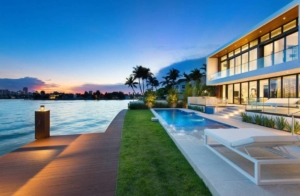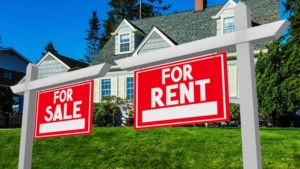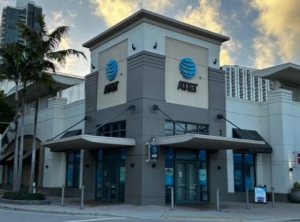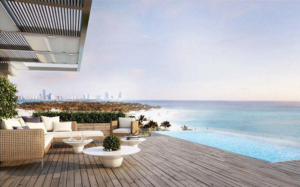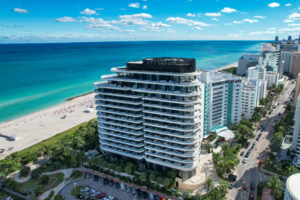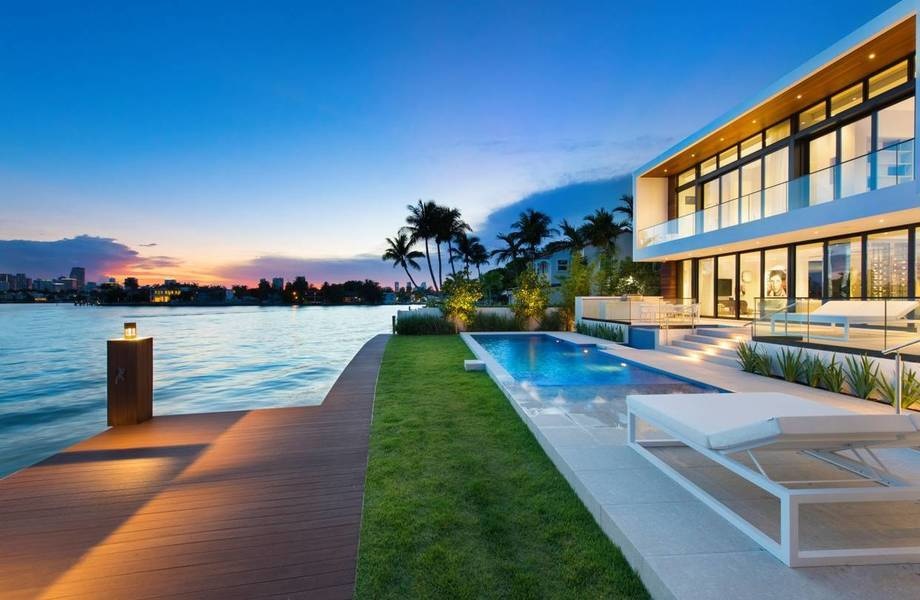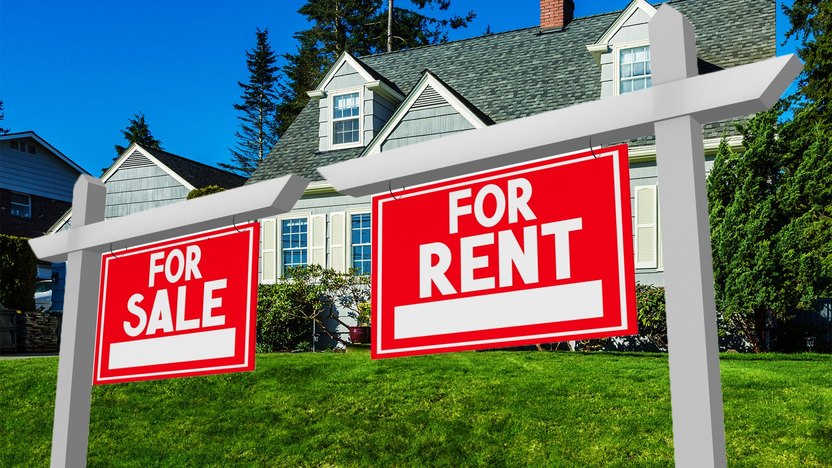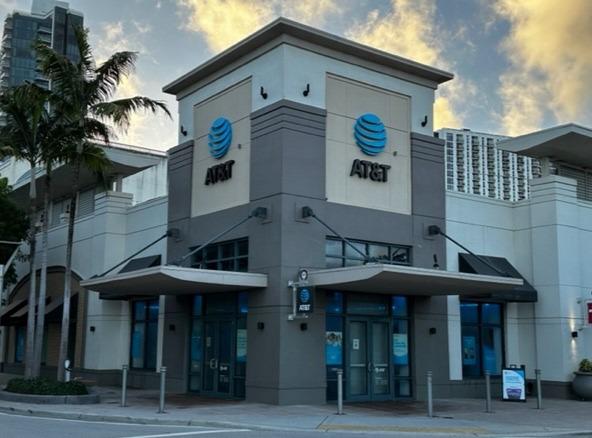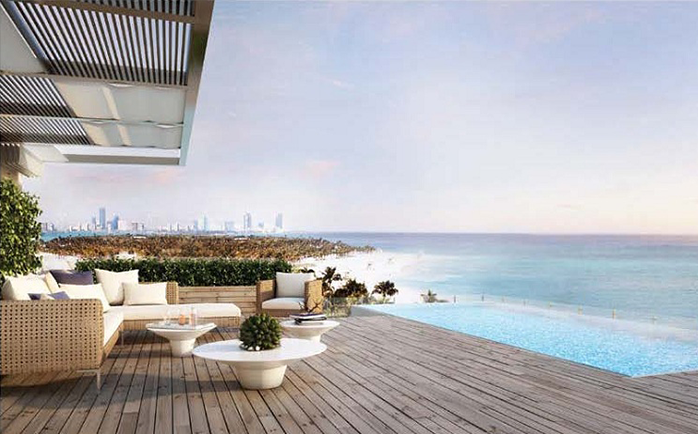Palm Beach's Transformation: The Impact of Trump's Return on Real Estate and Society
A Quiet Election Day with Profound Implications
On Election Day, Palm Beach maintained its characteristic calm. Overcast skies and school closures marked the day, with residents displaying their civic participation through "I Voted" stickers at local favorites like Sant Ambroeus and the Honor Bar. However, the tranquility was disrupted by traffic snarls due to former President Donald Trump's motorcade en route to the island's polling station. While fervent MAGA supporters gathered across the bridge at the Palm Beach County Convention Center in West Palm Beach, the day's events culminated in Trump's re-election, thrusting Palm Beach back into the global spotlight.
An Influx of Power Players and Media Frenzy
The subsequent 75-day transition period ushered in a wave of political figures, foreign dignitaries, and notably, tech titans such as Elon Musk, Mark Zuckerberg, and Jeff Bezos. This convergence spurred intense media coverage, transforming Palm Beach into a focal point of national attention. Unlike previous occasions, this time, the island presented a markedly different facade to its distinguished visitors.
A Decade of Transformation in Palm Beach
Over the past decade, Palm Beach has undergone a significant metamorphosis. Once a serene retreat, the island has evolved into a dynamic center of American wealth and influence. Lifelong resident and GOP fundraiser Blair Brandt likens the transformation to a modern-day "Palm Royale," referencing the satirical portrayal of affluence in popular culture.
The pandemic, which emerged near the end of Trump's initial term, acted as a catalyst for a substantial influx of affluent individuals and real estate investments into Palm Beach and its neighboring city, West Palm Beach. This migration has led to a younger, more permanent population, with property values more than doubling. Historically known for its expensive homes, Palm Beach has now become the epicenter of America's luxury real estate market. Since 2020, the island has attracted numerous property sales exceeding $50 million, boasting the highest number of such listings nationwide last year. Notably, it was the site of Florida's two most expensive residential transactions: a $150 million private island estate and a $148 million historic oceanfront compound.
West Palm Beach: The New Frontier for Development
Across the Intracoastal Waterway, developers like Steve Ross, Jeff Greene, and David Martin are reimagining West Palm Beach as a burgeoning coastal metropolis. Collectively, they are undertaking millions of square feet in office, retail, hotel, and condominium projects. Developer Ned Grace of NDT Development, who is spearheading the 40-acre mixed-use Nora District near downtown West Palm, anticipates a complete transformation of the city by the end of Trump's term. He believes that the heightened media attention will accelerate the market's growth as new developments come to fruition.
Steve Ross, founder of Related Companies, has established Related Ross to concentrate primarily on his ventures in West Palm Beach. His extensive portfolio in the city includes at least 18 buildings, encompassing 3.8 million square feet of office, retail, and dining spaces, along with over 1,500 residential and hotel units. Ross envisions Palm Beach County becoming the nation's most significant county, a notion that would have seemed far-fetched a decade ago.
The New Demographics and Economic Landscape
In 2016, during Trump's first election, Palm Beach was characterized by its secluded estates and a populace of discreet old money. The enclave, long a sanctuary for America's elite, was often stereotyped as a haven for pastels, retirees, and early dinners. Residents adhered to a strict seasonal schedule, arriving in January and departing for the Hamptons post-Easter.
The past five years, however, have ushered in a new era. Pandemic-induced restrictions, a favorable tax environment, and the allure of warm weather have attracted a year-round, younger demographic. Over 2,600 hedge funds and private equity firms have relocated to the area, as reported by the Business Development Board of Palm Beach County. This burgeoning business community has paved the way for partnerships with esteemed institutions. Vanderbilt University, for instance, is planning a $520 million graduate school campus in West Palm Beach, focusing on business and technology programs. Additionally, the Cleveland Clinic has committed to establishing a hospital in the city, marking its first new hospital in a century.
Cultural Renaissance and Emerging Challenges
The influx of wealth has spurred a renaissance in the local art scene, with national and international galleries setting up locations on the island and in West Palm Beach. Esteemed New York restaurants, including Le Bilboquet, Café Boulud, and Sant Ambroeus, have opened outposts in recent years, revitalizing the Palm Beach dining landscape.
To cater to the growing demand for exclusive experiences, new private clubs have emerged. While longstanding institutions like the Everglades Club and the Bath & Tennis Club remain highly selective, newcomers such as the Carriage House and the planned club within the Mr. C Hotel & Residences West Palm Beach are providing alternatives for the island's latest residents.
However, this transformation has not been without challenges. Increased traffic, exacerbated by Secret Service-mandated road closures during Trump's visits, has become a common grievance among locals. The town of Palm Beach even threatened to close Mar-a-Lago if the indefinite closure of South Ocean Boulevard persisted. The road was eventually reopened in mid-January after Trump's departure for his inauguration.
Insights
How has Trump’s return to office impacted Palm Beach’s real estate market?
Trump’s return has intensified media attention on Palm Beach, attracting more high-profile buyers and investors. The region has solidified its status as America’s premier luxury real estate market, with record-breaking home sales exceeding $50 million.
Why are tech billionaires and hedge fund managers moving to Palm Beach?
The combination of favorable tax policies, year-round warm weather, and an evolving business ecosystem has made Palm Beach and West Palm Beach highly attractive to tech leaders and financial executives. The influx of wealth has reshaped the local economy, making it a financial hub.
What major developments are transforming West Palm Beach?
West Palm Beach is undergoing a real estate boom, with projects like the Nora District and Related Ross developments adding millions of square feet of office, retail, and residential spaces. Developers aim to position the city as a financial and innovation hub.
What challenges has Palm Beach faced due to its rapid growth?
Increased traffic congestion, rising home prices, and long waitlists for private clubs and schools have emerged as challenges. Secret Service-related road closures near Mar-a-Lago have also led to logistical concerns among residents and local officials.
How has the cultural scene in Palm Beach evolved?
Palm Beach has seen a surge in high-end restaurants, private clubs, and art galleries, attracting a younger, wealthier demographic. New York-based establishments like Le Bilboquet and Café Boulud have opened locations, revitalizing the area’s dining and social scene.
Is Palm Beach still a seasonal destination?
Not anymore. What was once a winter retreat for retirees has become a year-round luxury enclave. The influx of professionals and entrepreneurs has transformed Palm Beach into a permanent residence for many, redefining its identity beyond a seasonal getaway.



